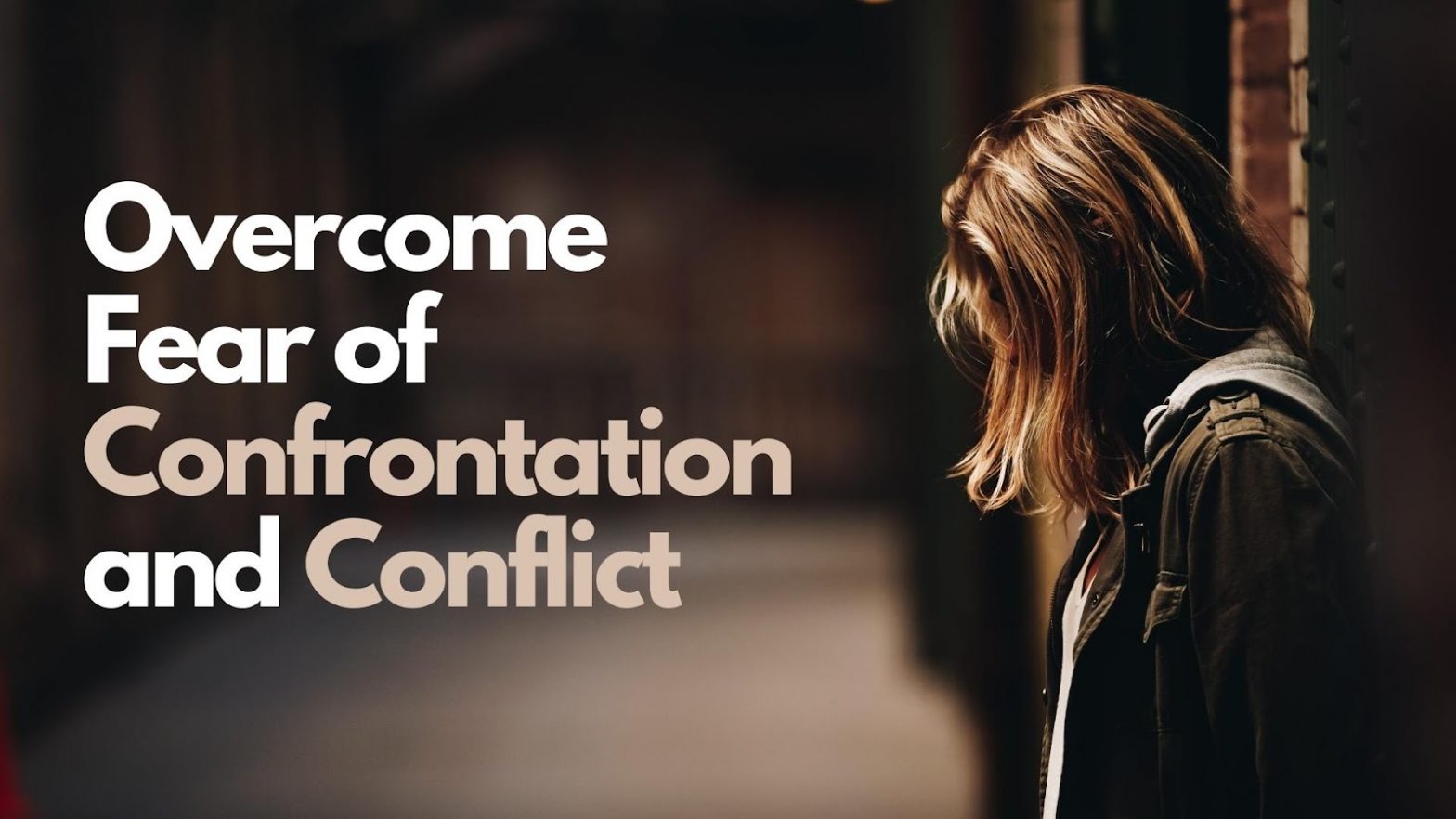
Facing your fears head-on can be a very challenging task. Many people are afraid of confrontation and conflict. The anxiety of raising one’s voice, engaging in unsettling dialogue, or facing challenging circumstances might feel like an impossible feat. But things need not be this way. If you can learn to face challenges head-on instead of shrinking back in terror, you’ll be well on your way to becoming the master of your own destiny.
The inability to confront or argue is a learned trait that everyone may overcome.
Here are some practical steps to take to conquer your fear of confrontation and conflict:
Recognize fear as an emotion.
First, one must understand that fear is an emotion rather than a rational response. When we’re terrified, our minds go into overdrive and trigger an automatic stress response. So, instead of letting our feelings control us, we should take a step back and observe the problem rationally. After you’ve completed this step, you’ll be ready to move forward.
Understand the root of your fear.
What causes you to become anxious when confronted by others? Do you worry about people thinking poorly of you? Worrying about making a mistake? Avoiding conflict can be due to anxiety of being judged negatively or rejected. It’s human nature to want to shield yourself from pain, but doing so might cost you significant personal development. Finding relief from your worries is possible after you pinpoint what is causing them. Identify what triggers your anxiety and prepare yourself when the situation arises.
Visualize a successful outcome.
If both sides are prepared to listen and make compromises, conflict can be productive and aid in the development of their relationship. Instead of worrying about the negative effects, try to imagine the best-case scenario. Picture yourself talking to the other person about the problem without being flustered or defensive; Visualize yourself achieving an agreement after your confrontation and conflict.
Only confront someone in a safe space.
Your environment can have a significant impact on your mentality. Making sure you’re in a safe place before approaching someone will help you feel less anxious about the situation especially that there’s power with words. If you don’t feel safe or comfortable, it’s best to wait until the time is right to approach the person. Do not rush things; instead, learn to confront your disputes one at a time in a comfortable environment.
Don’t be afraid to ask for help.
Finally, keep in mind that giving in to fear will only aggravate the problem. Confronting difficulties head-on is a sign of strength, and you don’t have to muster that strength alone. Share your concerns with trusted people like friends and family, as well as professional counselors, and receive their encouragement as you work to conquer your fear of confrontation and conflict. There is no embarrassment in consulting an expert for assistance. A therapist can help you better comprehend and control your anxiety.
Conclusion
Confrontation and conflict don’t have to paralyze you with fear. With the correct mindset and some practice, you can have the confidence and courage to face adversity head-on. In order to overcome your fear of confrontation and conflict, you must first acknowledge its existence, then prepare for it, and finally tackle it head-on. Last but not least, don’t hesitate to ask for assistance when you feel you need it. Having a professional listen to your anxieties can do wonders for you. Bible Portal has a variety of resources to help you face and overcome your worries.
